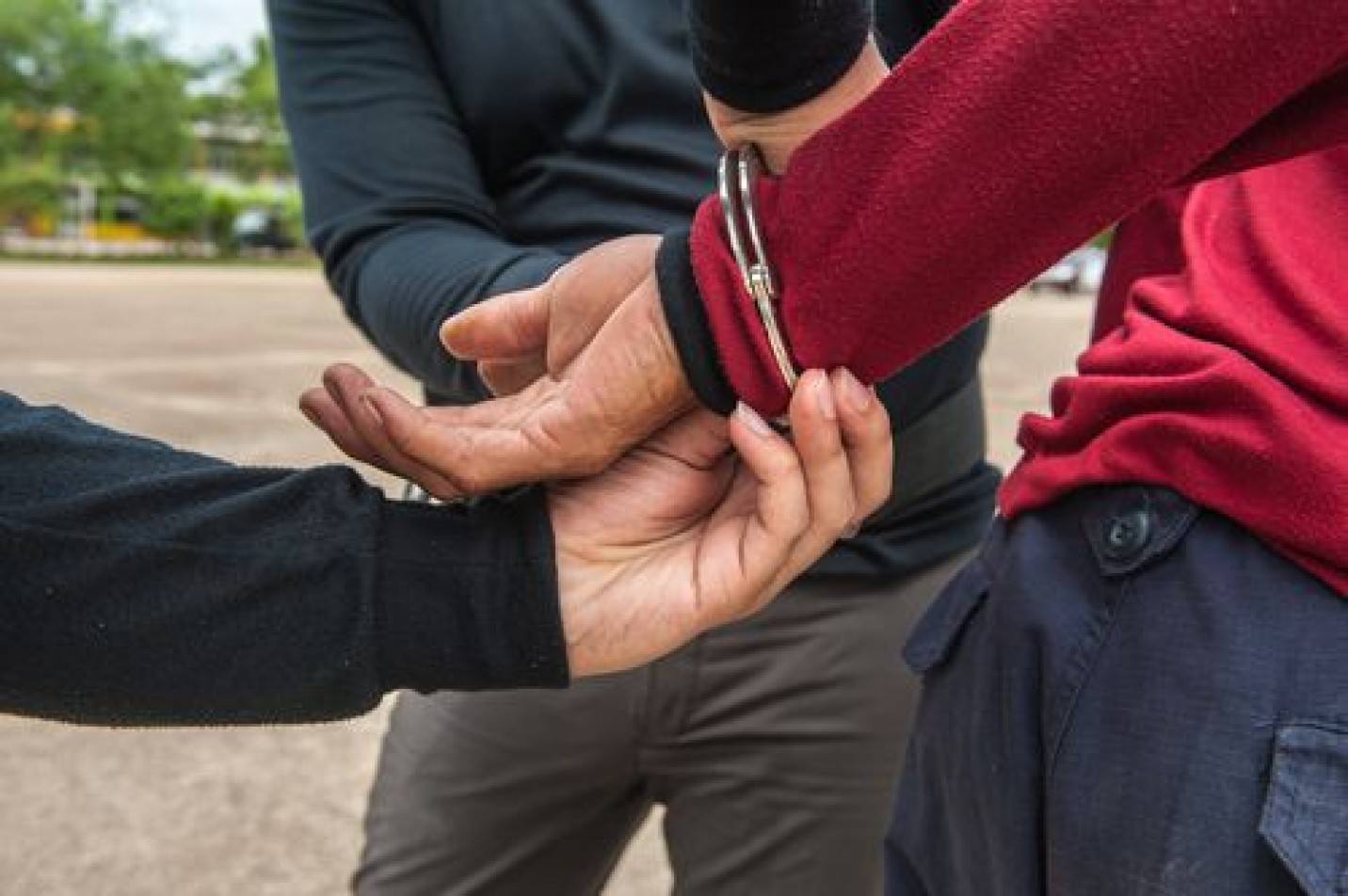As a criminal lawyer in Pennsylvania, I have helped clients who’ve been charged with resisting arrest. In this article, I’ll cover the laws concerning resisting arrest and the defenses to resisting arrest.
Pennsylvania Law and Penalties for Resisting Arrest
According to Pennsylvania law, a person resists arrest when, “With the intent of preventing a public servant from effecting a lawful arrest or discharging any other duty, the person creates a substantial risk of bodily injury to the public servant or anyone else, or employs means justifying or requiring substantial force to overcome the resistance.”
In Pennsylvania, resisting arrest is a misdemeanor of the second degree and is punishable by a maximum sentence of up to two years of imprisonment and up to a $5000 fine. The judge may sentence the accused to a term of probation instead of jail time or in addition to jail time, but the combined total sentence may not exceed two years.
Defenses to Resisting Arrest in Pennsylvania
Multiple potential defenses exist to the charge of resisting arrest. Experienced criminal attorneys look at each element of the crime to decide if the District Attorney can prove each element of the crime beyond a reasonable doubt. Attorneys also look for evidence that negates an element of the crime. If the District Attorney fails to prove any required element of the crime, then the accused is not guilty.
The first critical element of this offense is that accused must intentionally resist arrest. If the conduct by the person accused of resisting arrest was accidental or otherwise unintentional, the conduct cannot be criminalized as resisting arrest. For example, if the person being arrested had a medical emergency that caused involuntary convulsions, such evidence could set up a defense to resisting arrest.
In order to resist arrest, the accused must resist a public servant. The law defines a public servant as, “Any officer or employee of the government, including members of the General Assembly and judges, and any person participating as a juror, advisor, consultant or otherwise, in performing a governmental function; but the term does not include witnesses.” A defense to resisting arrest occurs when the person being resisted is not a public servant, such as in the case of private security guards or other people who are not officers or employees of the government nor people participating in governmental functions.
Even if the person resisted is a public servant, another defense to this crime is that the public servant was not effecting a lawful arrest or discharging a duty. For example, if a person uses violence against an off-duty police officer, the accused could not be resisting arrest because the police officer was not acting in his or her official capacity and neither affecting a lawful arrest nor discharging any other duty. Even if the person being resisted was a police officer on duty, the District Attorney’s failure to prove that the officer was effecting a lawful arrest or discharging a duty will result in the accused being found not guilty. In a situation where police officers violate the law while trying to make an arrest, a defense attorney can defend the charge by showing that the arrest was not lawful.
Lastly, a person accused of resisting arrest can create a valid defense by showing that the alleged conduct did not create a substantial risk of bodily injury to the public servant or anyone else. Police might try to arrest a person and who runs away and yells at the police but does not create a risk of bodily injury to anyone. Especially if the person is quickly detained without much effort, such behavior does not constitute a resisting arrest. The District Attorney must show that either there was a substantial risk of bodily injury or substantial force was required to overcome the resistance.
If you’ve been charged with resisting arrest, then please call me today to schedule a free, confidential consultation.






